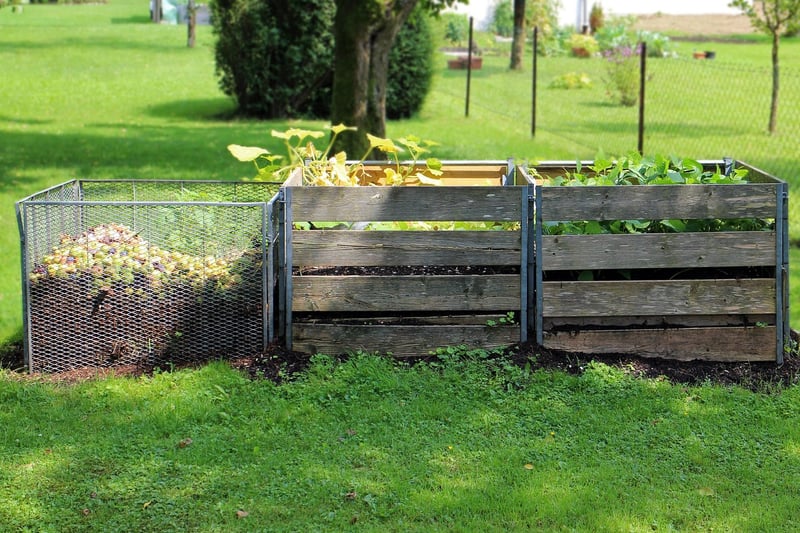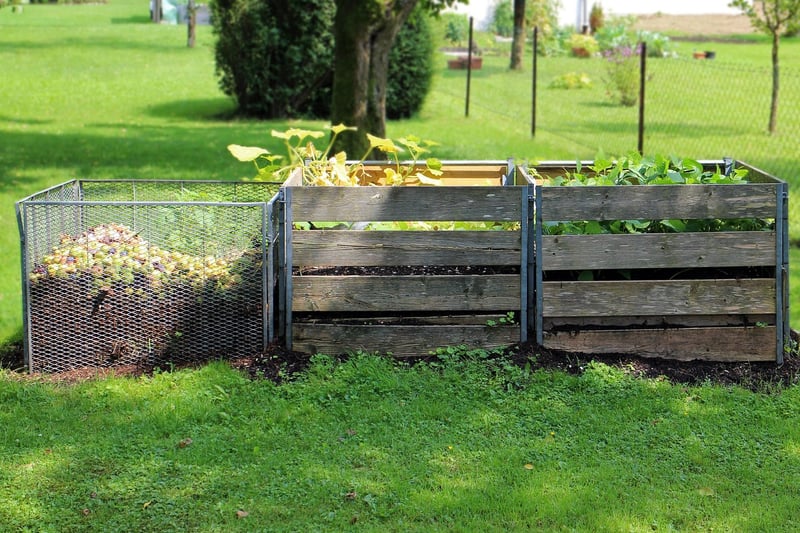Composting Benefits
Environment-Friendly Gardening Practices and Composting Benefits
Introduction to Environment-Friendly Gardening
Environment-friendly gardening is a sustainable approach that aims to reduce the negative impact on the environment while creating a beautiful and productive garden. By implementing eco-friendly practices, gardeners can contribute to biodiversity, conserve resources, and minimize pollution.
Benefits of Environment-Friendly Gardening
- Preserves biodiversity
- Conserves water and energy
- Reduces chemical pollution
- Supports beneficial insects and wildlife
- Promotes healthy soil
Composting: Nature's Recycling
Composting is a natural process that transforms organic waste into nutrient-rich soil conditioner. By composting kitchen scraps, yard waste, and other organic materials, gardeners can reduce waste sent to landfills and create a valuable resource for their gardens.
Benefits of Composting
- Enriches soil with essential nutrients
- Improves soil structure and water retention
- Reduces the need for chemical fertilizers
- Decreases methane emissions from landfills
How to Start Composting
- Choose a composting method (bin, pile, tumbler)
- Add a mix of green (nitrogen-rich) and brown (carbon-rich) materials
- Keep the compost moist and aerated
- Turn or mix the compost regularly
- Patience is key, as composting takes time
Conclusion
Environment-friendly gardening practices, including composting, play a crucial role in sustainable gardening. By adopting these practices, gardeners can create vibrant, healthy gardens while minimizing their environmental impact.


